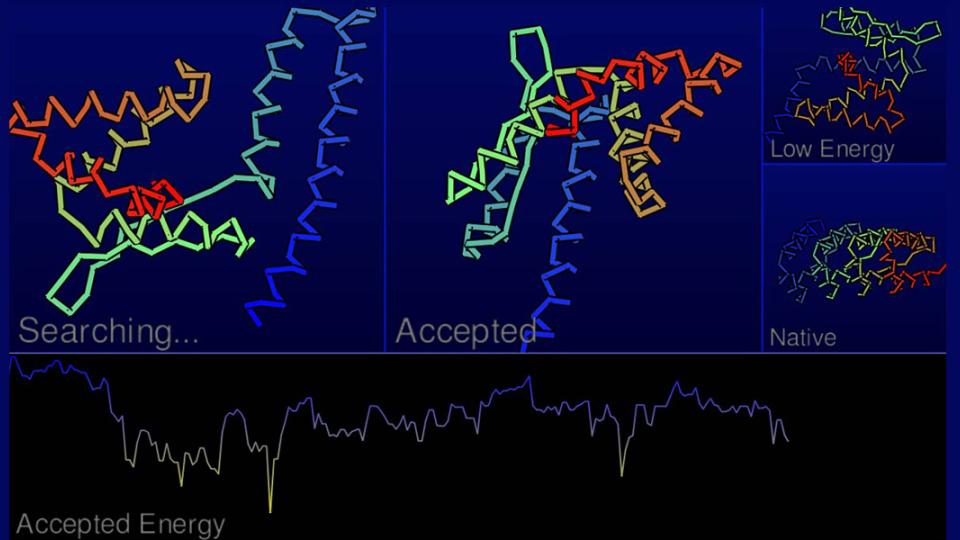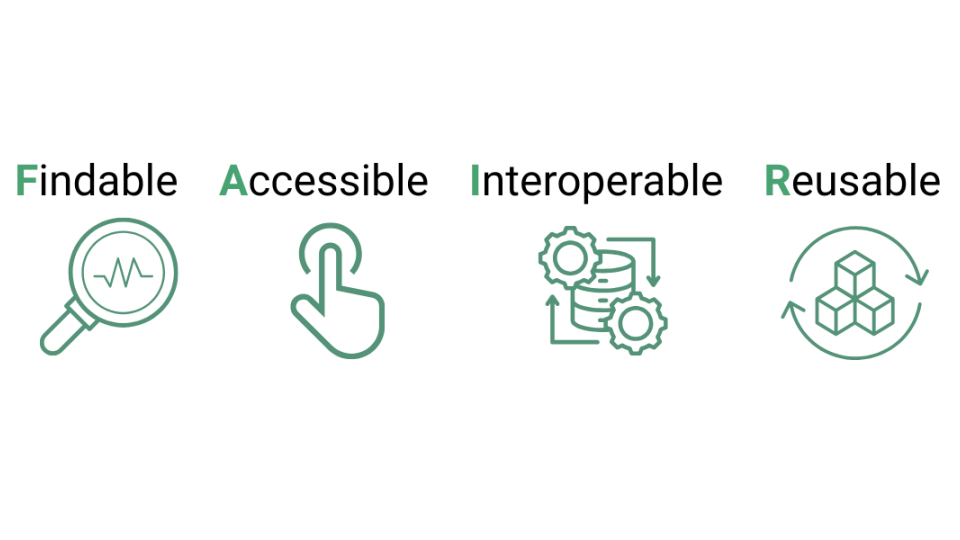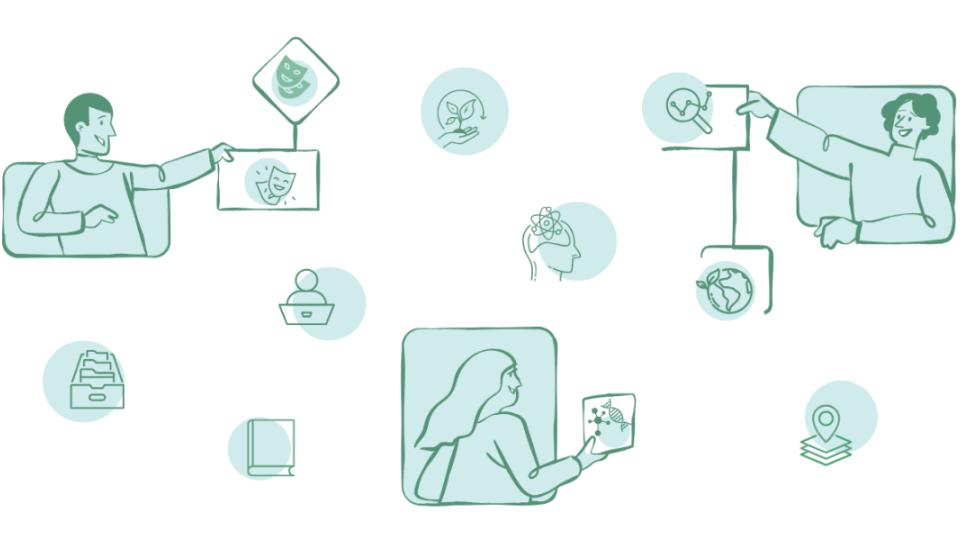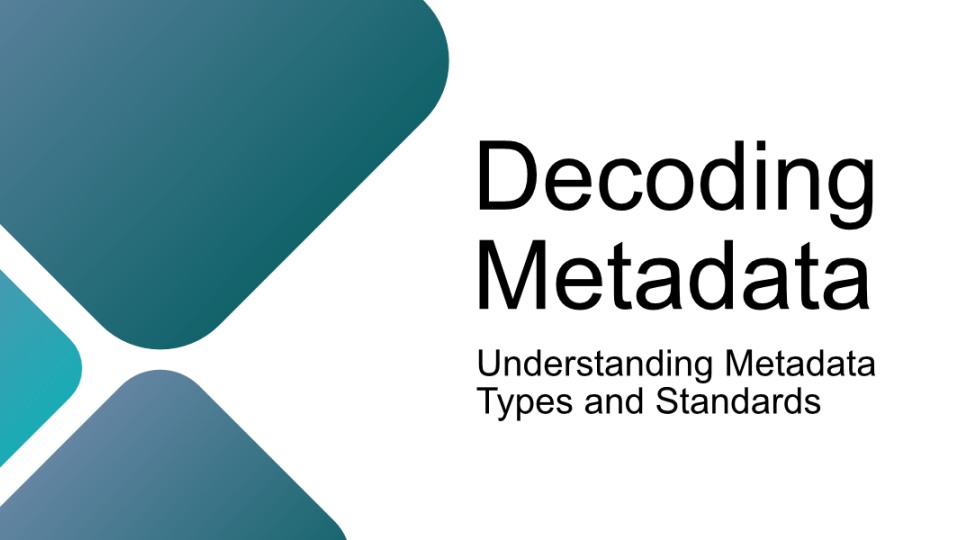"You don’t have to be a scientist to do science" - is the slogan of the Rosetta@home project. The idea is quite simple – you can donate free computing capacity in times when you don’t need it to determine the 3-dimensional shapes of proteins. By running the Rosetta program on your computer, you will help researchers speed up processes and increase knowledge to fight against major human diseases such as HIV, Malaria, Cancer, and Alzheimer’s. Currently, Rosetta@home is mainly used to model important coronavirus proteins.
How can it help me?
By participating in the Rosetta@home project, you can become a scientist and you will learn new things about the world of proteins. You can become part of the network as an individual or as a team.
How can I use it and what’s the benefit of it?
To become a part of the Rosetta@home network you need to install the open-source client from the BOINC website, which is used for projects like SETI@home, Climateprediction.net, Rosetta@home, World Community Grid, and many others. After you have installed the BOINC client on your computer you can add as many projects as you want. The BOINC program receives computing tasks from the Rosetta servers.



